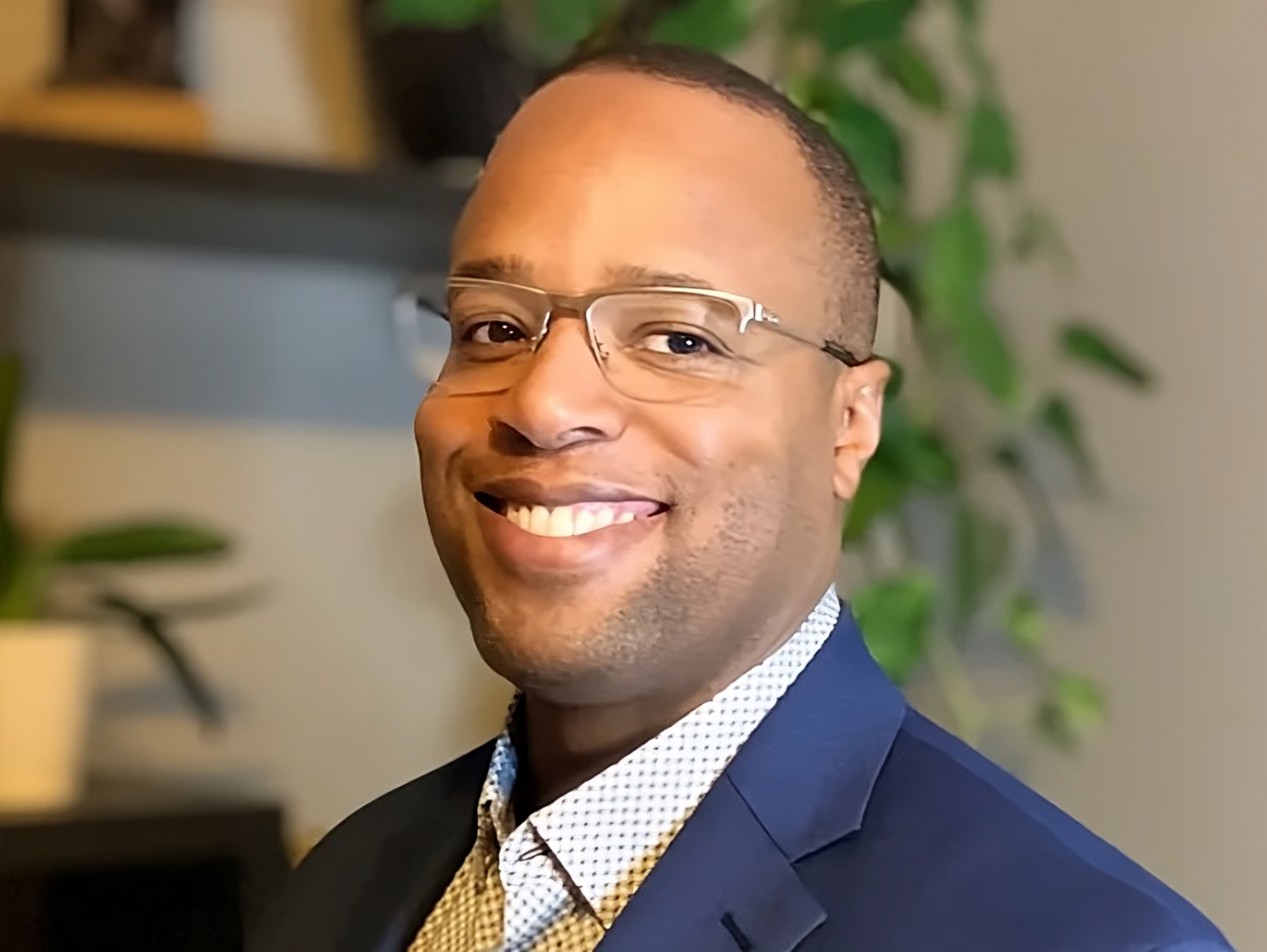CUP Graduate Student Equity Award Profile: Michael Barrett
13 March 2023

“We need to recognize autistic individuals as being the experts of their own experiences.”
This article is part of a series highlighting the recipients of the Graduate Student Equity Award offered by the Community-University Partnership (CUP) in the School of Public Health. The award supports graduate students pursuing community-engaged research and is made possible with funding from the Suncor Energy Foundation.
Michael is a fourth-year Ph.D. student in the Psychological Studies in Education (PSE) program through the Faculty of Education. He is also a registered psychologist with 20 years of experience working with youth and adults. He currently works with the Sinneave Family Foundation, a Calgary-based organization aiming to improve education, employment, and housing outcomes for the autistic community.
Over his career, Michael has spearheaded numerous programs designed to promote well-being within the autistic community. For example, in 2016 he designed Beast Mode, a fitness and recreation program to help autistic teens and young adults struggling with body image and social connection. This program, a partnership between Sinneave and the University of Calgary, ran for six years and benefitted 120 participants.
The success of Beast Mode prompted Michael to reflect on how to improve fitness and recreation programs for autistic young adults, reflections that led to him pursuing a Ph.D. with a focus on program design and evaluation. He says his studies have been invaluable in helping him challenge assumptions and expand his knowledge of applicable research.
“Based on my past experience, I understood that autistic individuals are very interested in engaging in physical activity. Right now, however, there’s virtually no research that takes into account the subjective experiences of autistic young adults when it comes to physical activity and recreation. In the past, researchers have mainly spoken to family members, parents, and caregivers, but little of that information reflects the voices of autistic young adults.
“We need to recognize autistic individuals as being the experts of their own experiences. Part of the journey that I’m on now, in collaboration with the autistic community, is to develop high-quality programs that are meaningful to them. Likewise, I’m making sure that the research and evaluation work I do will have utility in their daily lives.”
Michael is currently working on a national survey seeking participation from autistic young adults, which aims to find out what’s important to them regarding physical activity. One of the key questions is how technology, such as wearable activity trackers, can help autistic young adults lead an active lifestyle. This research is important because studies have found autistic individuals are less physically active on average, are at higher risk for serious health concerns like obesity and certain types of cancers, and have higher mortality rates. The data gathered through Michael’s research will help design proactive physical activity interventions for this population. More information on the survey is available on the Active Health Project website.
As a recipient of a Graduate Student Equity Award, Michael is also taking part in CUP’s community of practice sessions, which have helped him expand his horizons when it comes to community-engaged research.
“I love the experience. I’m a huge advocate for taking an eclectic approach. The thing I appreciate most is that we all come from different fields and have different perspectives. When you’re surrounded by people in your own field, it can be easy to get stuck in a single mindset.”
More meaningful engagement with members of the autistic community is something Michael hopes to see within institutions like the university more broadly.
“Universities are great places for open dialogue and bridging the research-to-practice gap in autism. I think they can bring together groups who are hesitant to share ideas and information even if what they have to say can be beneficial. Universities can help to create a safe space for collaboration with autistic individuals, researchers, families, caregivers, and clinicians.”